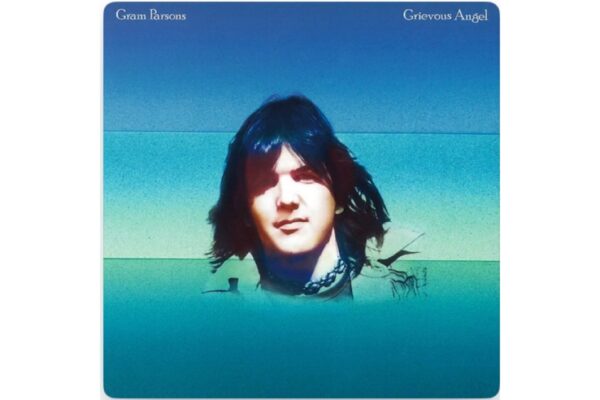Emmylou Harris has just released her 25th studio album, and Hard Bargain is a stunner, as beautiful and memorable as anything she has ever done, standing as the culmination of her long and illustrious recording career. Someone once described Emmylou’s voice as “dangerously pretty”, and while that phrase conjures up much of her magic, I have never heard quite the combination of beauty and sorrow that her voice embodies. She is a towering figure in alternative country music, and for that we owe Gram Parsons, her first singing partner, an unrepayable debt.
Emmylou spoke recently with NPR Music about the making of her new album, which reflects deeply on the passage of time and the indelible impressions some people make on our lives.
“Somehow, when you think about yourself in old age, you think you’re going to be this completely different person that you don’t even recognize — because you can’t imagine it, you know?” Harris says. “But you are very much yourself. Obviously very changed and affected and molded by the people that you’ve known — people that are in your life and people that you’ve lost — but that core person is still intact.”
The new albums opens with “The Road”, her tribute to Gram Parsons, and while his music and influence is well-known to those of us of a certain age, it’s worth more than few words to recall just how large he loomed in the new country music of the late 1960s and early ’70s before he flamed out at the early age of 26, a victim of whiskey, heroin and his own restless mind. Keith Richards famously said that Gram could get better coke than the Mafia.
Parsons created a fusion of rock, blues and country that he called ‘Cosmic American Music’, a term that still fits today. Would the Byrds have ever turned away from their monotonous Bob Dylan covers if Gram hadn’t joined the band at the sweet young age of 22 and inspired them to produce in 1968 the still-relevant Sweetheart of the Rodeo? Would the Everly Brothers have brought forth their mostly-unheralded masterpiece Roots a year or so later without the example of the Byrds? Would Neil Young have rediscovered the songs of Don Gibson and released his “Oh Lonesome Me” on After The Gold Rush? Would there have been a Pure Praire League or a Linda Ronstadt? Would The Rolling Stones have recorded “Country Honk” and “Wild Horses” without Gram’s friendship with Keith Richards?
Most importantly of all, would what have become of that ethereal beauty and the heart-breakingly rich mine of controlled emotion that is Emmylou Harris? She might have stuck to folk music, singing in Washington, D.C. clubs, and being a single mother. Instead Gram met up with her and talked her into going out west to sing with him. She admits he taught her everything she knows about country music, for up until that time Emmylou’s musical influences had been Bob Dylan and Joan Baez. Gram, however, was both a wonderful singer as well as a student of The Louvin Brothers and countless other authentic country figures. After just three duets with Gram Emmylou was on her way to L.A. where she worked with Gram on his debut solo album GP, as well as his second album Grievous Angel, which contained the great single “Love Hurts”.
Gram Parson died of a drug overdose in 1973, a scant year or so after he met Emmylou. She had fallen in love, she has confessed, with country music, with Gram’s voice, and with Gram himself though she hadn’t quite gotten around to telling him that last thing. Devastated by his death, she regrouped and in January of 1975 Pieces of The Sky, the first major album release by Emmylou, appeared. On it was a song she had written with Bill Danoff, one which became her signature song for several years. “Boulder to Birmingham” was her grief-stricken attempt to deal with the death of Gram Parsons.
What Emmylou sings in “The Road” got us thinking about the passage of time, and recalled to life those famous lines from Don Gibson in the all-time classic “I Can’t Stop Loving You”.
“They say that time heals a broken heart
But time has stood still since we’ve been apart.”



